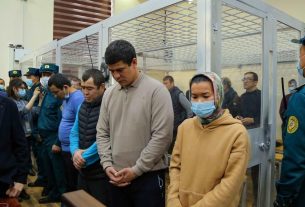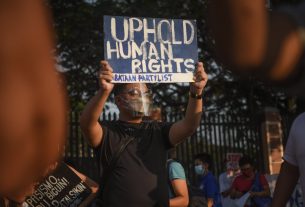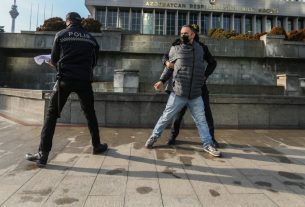LONDON :A Uyghur rights group’s legal challenge against the British government for failing to investigate the import of cotton produced in the Chinese region of Xinjiang was dismissed by a London court on Friday.
The World Uyghur Congress (WUC), an international organisation of exiled Uyghur groups, had taken legal action at London’s High Court against Britain’s Home Office, HM Revenue and Customs (HMRC) and the National Crime Agency (NCA).
Judge Ian Dove said in a written ruling that he had dismissed all of the WUC’s grounds of challenge.
Dove said that there is “clear and undisputed evidence of instances of cotton being manufactured in the (Xinjiang Uyghur Autonomous Region) by the use of detained and prison labour as well as by forced labour”.
But he found that the Home Office’s approach to the law on foreign prison-made goods was “legally sound”, and ruled that HMRC and the NCA’s view of the law on the proceeds of crime was correct.
Dove added: “The outcome of the case does not in any way undermine the striking consensus in the evidence that there are clear and widespread abuses in the cotton industry in the (Xinjiang Uyghur Autonomous Region), involving human rights violations and the exploitation of forced labour.”
Rights groups accuse Beijing of widespread abuses of Uyghurs, a mainly Muslim ethnic minority that numbers around 10 million in the western region of Xinjiang, including the mass use of forced labour in camps. Beijing vigorously denies any abuses.
The WUC argued in October that the Home Office had wrongly refused to launch a probe into the import of foreign prison-made goods, and that HMRC and the NCA have failed to investigate whether cotton from Xinjiang amounts to “criminal property”.
Lawyers representing the British government argued there has to be a clear link between “the alleged criminality and its specific product” to investigate whether goods are made in a foreign prison.
(Reporting by Sam Tobin, editing by William James and Kim Coghill)



